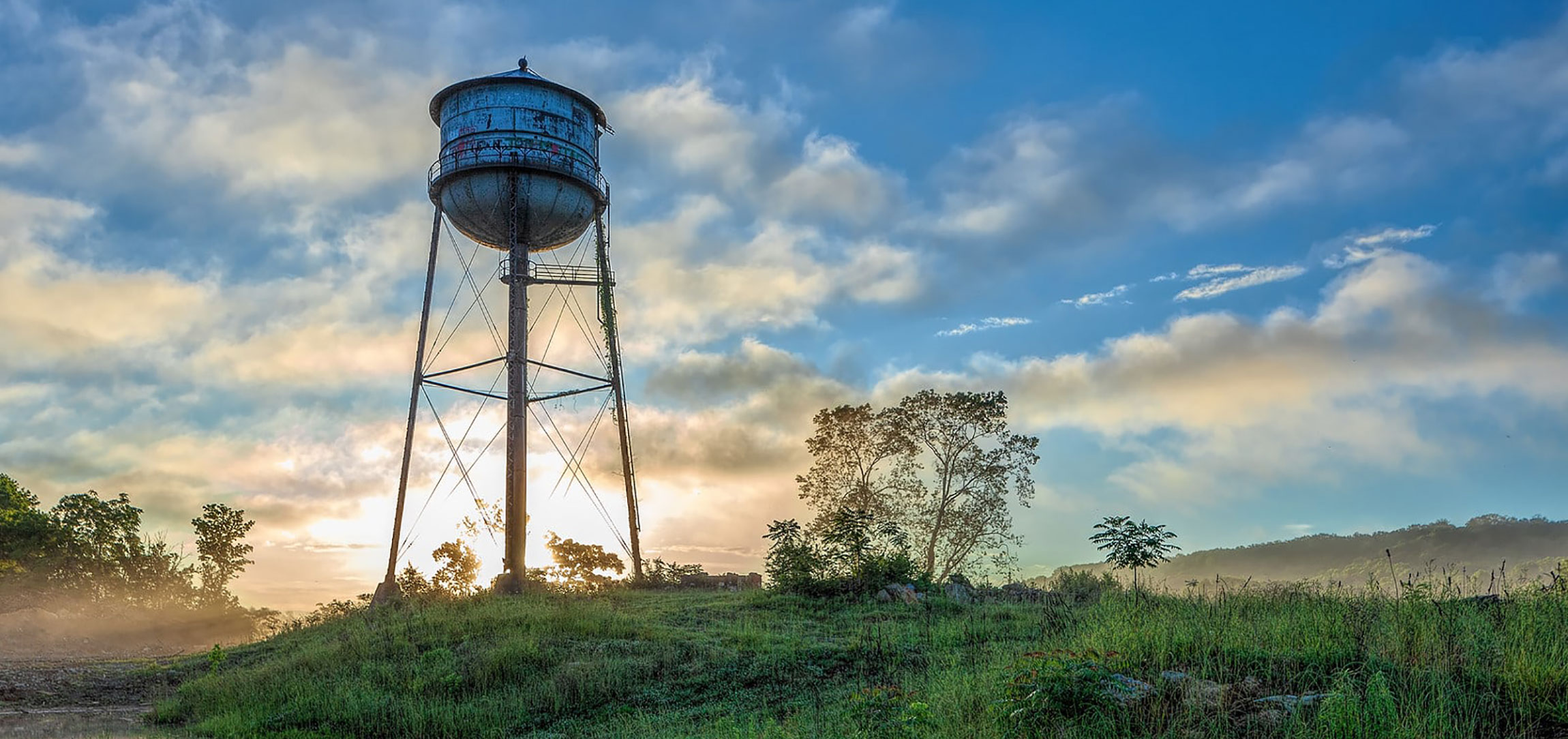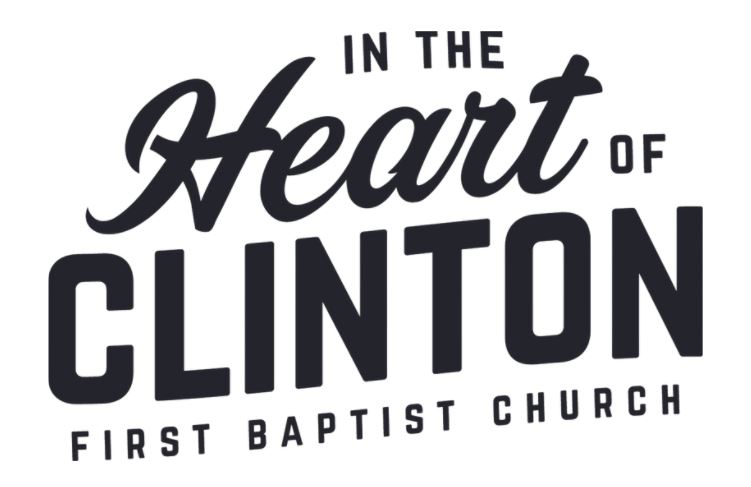
07 Aug Entering the Danger
A little over ten years ago, as I was getting settled into a new pastorate in Springfield, MO, our church hosted an acting troupe called “Skinny Improv.” It was (and is) a popular local entertainment group who specializes in improvisational theatre (think Who’s Line is it Anyway?). As the new pastor, it only made sense to be targeted to come on stage and be part of a sketch. I don’t recall the particulars of the story, but it had something to do with Miley Cyrus and Barry Manilow.
It can be intimidating to be in a place not knowing what your lines are going to be, or worse yet, not knowing what the other person on stage with you is going to say. But, the key component to remember is to say “yes” to whatever action is going on around you. Going with the action is necessary for the moment, even though you might not know how the scene is going to end. Of course, that’s the beauty of improvisational theatre.
A phrase relating to this theatrical approach is “entering the danger.” It means that you say “yes” to wherever the scene takes you, no matter how silly or ridiculous it might be. Saying “no” puts a stop to the action and effectively ends the scene.
I’m doing a sermon series this month called “Hope for Hard Times.” It’s not very subtle, I’ll admit, but I believe it’s where our people are right now. Last Sunday, I preached on the Call of Abram from Genesis 12.1-5, and noted that he was listed in the “hall of faith”: “By faith, Abraham, when called to go to a place he would later receive as his inheritance, obeyed and went, even though he did not know where he was going” (Heb. 11.8).
The phrase “going without knowing” is an apt description of the church right now. I resonate with the frustration related to the uncertainty of what is yet to come with COVID-19. Our schools are opening this week and there is anxiety about the safety precautions and how our students and community are going to respond. I sympathize greatly with all those charged with making decisions right now. It’s too easy to criticize those who are accountable for these weighty matters; what is especially troubling is the variety of reactions toward the virus. Some view this as extremely dangerous, others are likely to see it as more of a nuisance than a health threat.
It’s worth revisiting the spiritual truth that Christians are to “walk by faith and not by sight.” It’s also true that we don’t walk by our feelings. Abram wasn’t necessarily looking for a change in his life, and at 75 could have been pretty much settled in Haran and not desiring a move. Yet, the Lord began his communication with him with the word “Go”. The phrase “I will” is used six times and “bless or blessing” five times. God is the protagonist in the story and is offering Abram an opportunity to be part of a special people who would belong to God. Abram’s obedience impacted not only his life but countless others who would benefit along the way.
I’m learning that long-range planning is less critical these days than knowing what to do in the moment. This “going without knowing” is where I am right now, which it turns out where I’ve needed to be all along. As a pastor, I find myself seeking to live out this admonition while passing on this approach to our leaders and congregation in general. Entering the danger is necessary. I’m learning that no script is necessary when it comes to obeying God–only “yes, Lord” Not “yes, but. . . “
Jesus said, “Whoever wants to be my disciple must deny themselves and take up their cross daily and follow me” (Luke 9.23). We can have confidence that our Lord will show us the way that we need to go along the way. It’s not necessary that we know how long it’s going to take to arrive at our destination. May God help us be content to walk in the light that He provides us–DC




No Comments